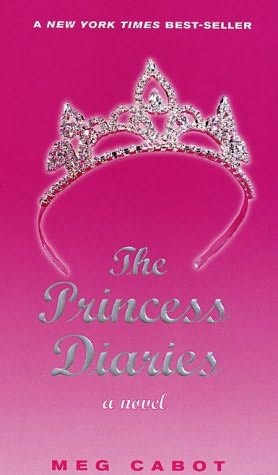My heart jumped a little when I read the news this morning. It's a really big deal. Journalism can still feel like an old boys club. I am shocked by the small number of women in the Senate press room every time I walk in there. Journalism will not become gender-balanced over night or even over the next few years, but Abramson's appointment is certainly a step in the right direction, and as a female journalist I can't help but feel elated (even as I wonder about the fallacy that women should automatically root for other women).
Now, the most prominent newspaper in the country will be lead by a woman. Her second in command will be Dean Baquet, the second black man to be managing editor. These are important steps for the slow-moving beast that is the journalism industry.
Abramson, who has served as a D.C. bureau chief for the Times, made clear that she valued contributions to the Times by both men and women, but she also took time to highlight the women.
From the Times:
In her remarks to the staff on Thursday, she took time to acknowledge “my sisters,” naming more than a dozen women at The Times who have helped her along the way, including the company’s chief executive, Janet L. Robinson.
From the Washington Post:
Among the bookcases and posters in Jill Abramson’s office at the New York Times is a blown-up black-and-white photo of the newsroom, circa 1895, in which a group of men huddle around a desk occupied by a woman named Mary Taft.A few days ago I was re-reading my post on women in leadership positions in which I wondered if there would ever be a time when successful women did not feel that they had to be judged as female leaders as opposed to leaders, with gender a non-issue.
“She looks like the boss,” said Abramson. Not quite — Taft was the paper’s second female reporter. On Thursday, the 57-year-old Abramson was named the first woman to head the Times’ newsroom in its 160-year history.
It's been almost exactly three years since I wrote that post, and I don't think society as a whole is there yet, but a quote in the Washington Post article leaves me hopeful (emphasis mine):
“I wouldn’t say that she was chosen because she’s a woman,” said Baquet, who is the second African American journalist to become managing editor of the Times, “but I still think it’s a big deal. It just so happened that the person best positioned to be executive editor of the New York Times is a woman. . . . I believe other women who aspire to jobs in journalism will see this as a statement about how far this profession has changed.”
Bonus! This is an excerpt from the obituary of Mary Taft Welch published in the New York Times in December 1944:
The obituary informs readers that Taft, who was hired in 1897 or 1898, "covered news of women's activities" wrote "some art criticism" and "reported many of the early developments in the agitation for women's suffrage." She "won the respect and liking of her male colleagues on this and other newspapers" and retired in 1924.














 Yeah. I have a few.
Yeah. I have a few.
